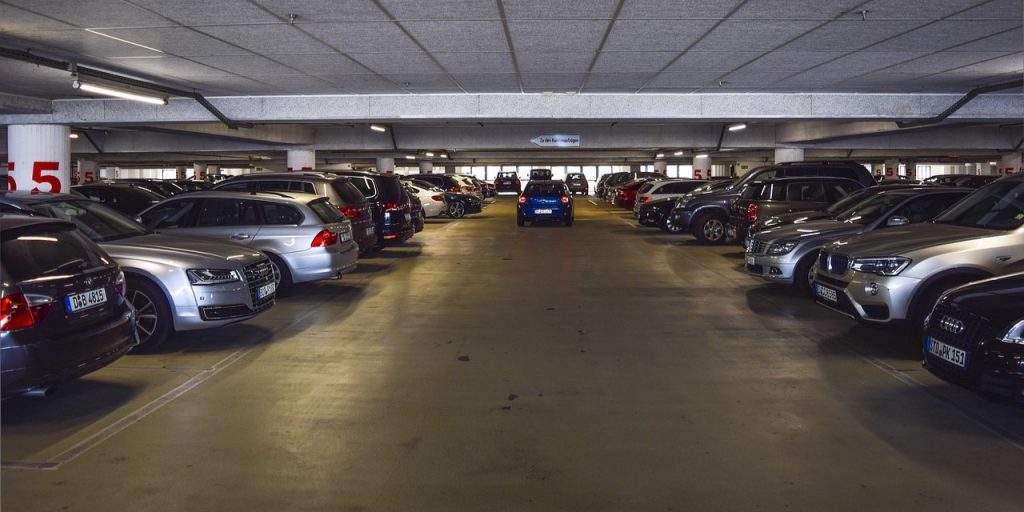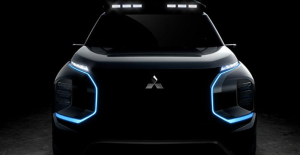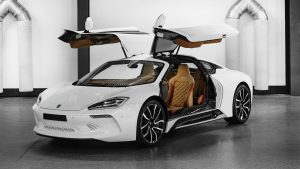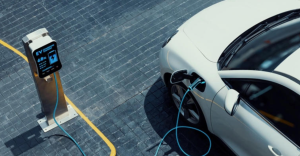Electric cars may be banned from South Korean parking garages.
Others are reading now
In the wake of a serious incident involving an electric Mercedes-Benz that exploded in a South Korean parking garage, the country is considering a ban on electric vehicles in such facilities.
The proposal comes from politician Song Eon-song, following last week’s explosion, which left 21 people hospitalized and destroyed an entire garage containing 140 vehicles.
Details of the Incident
The explosion, which occurred in an underground parking garage, caused a fire that burned for eight hours.
This incident resulted in significant damage to the building and vehicles, and posed a severe risk to public safety.
Also read
Among the 21 people sent to the hospital were seven children, all treated for smoke inhalation.
The incident has heightened fears about the safety of electric vehicles in densely populated urban areas, where most residents live in apartments and rely on underground parking.
Song Eon-song’s proposal to ban electric cars in parking garages is already receiving widespread support, according to financial media outlet Fortune.
The potential danger posed by electric vehicle fires in confined spaces like underground garages is driving the push for this ban.
The car that sparked the fire was equipped with an NMC (Nickel Manganese Cobalt) battery produced by Chinese manufacturer Farasis. Mercedes-Benz has invested in Farasis to advance battery technology, but this incident has raised serious questions about the safety of these batteries.
In response to the explosion, Mercedes-Benz in South Korea has not issued a formal comment on the incident. However, the company has apologized to residents of the apartment complex affected by the fire and is cooperating with authorities to investigate the cause.
Concerns over the safety of NMC batteries are not new.
In China, vehicles equipped with these batteries have been recalled due to the risk of fire, further fueling anxieties about their reliability.
If the proposed ban is enacted, it could have significant implications for the adoption of electric vehicles in South Korea.








